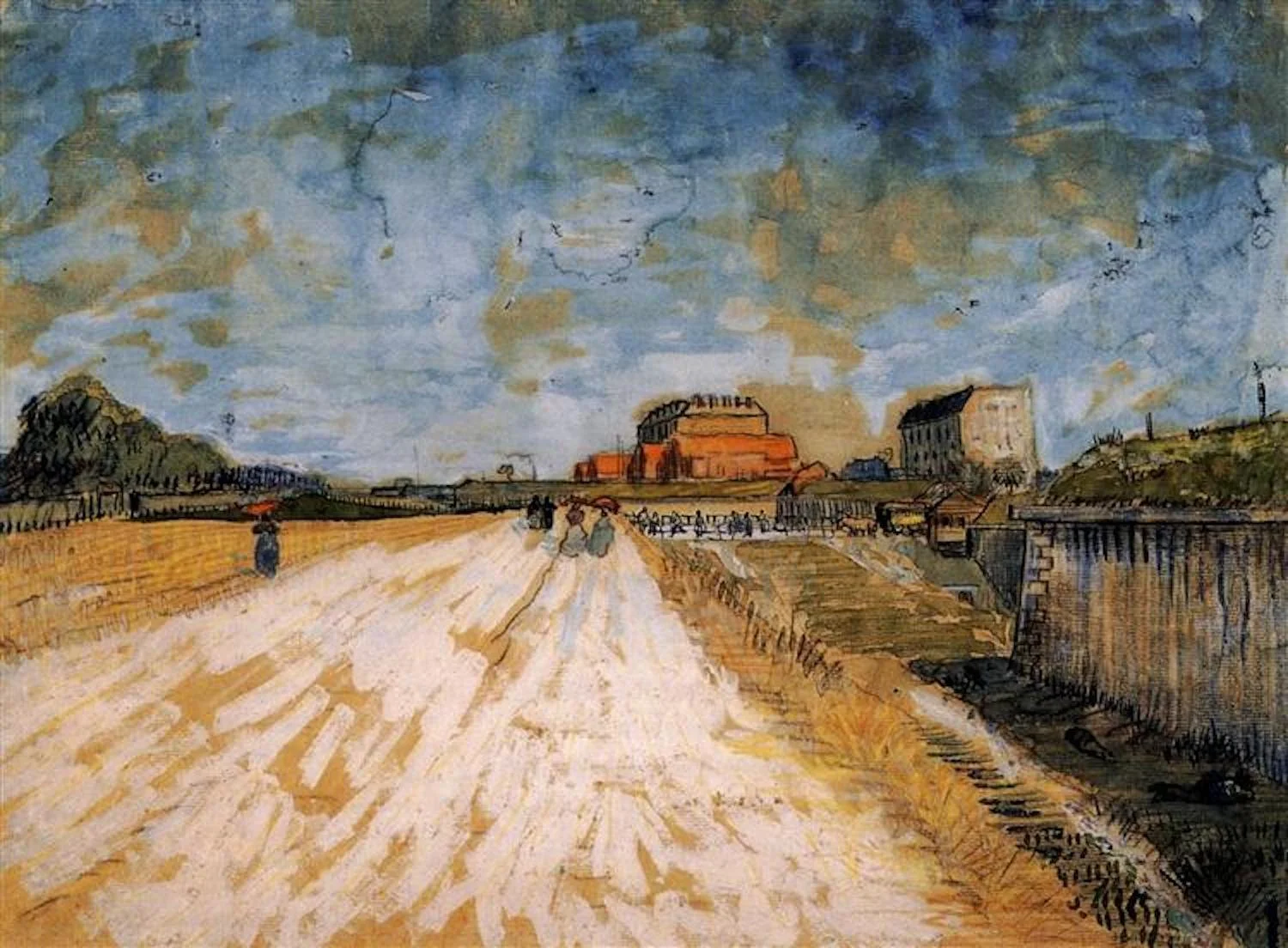The PATH: Clarity, Courage, and Character
sent by J.W. Bertolotti | April 18, 2022
Welcome to The PATH — A weekly reflection with three timeless insights into daily life. This week’s reflection searches for ancient lessons on knowing what truly matters in life. Specifically, the insights of —Clarity, Courage, and Character.
1. Clarity
How much clarity do you have in your life? Are you clear about your direction in life? The philosopher Seneca wrote to his friend Lucilius, “If one does not know to which port one is sailing, no wind is favorable.”
The philosopher Nietzsche made this point,
Those who know that they are profound strive for clarity. Those who would like to seem profound to the crowd strive for obscurity.
How would your life change with true clarity of what matters?
When you reflect on your day or practice the art of journaling, what are you comparing your actions against? Our self-reflection is incoherent without clarifying the principles (and practices) important to you.
Seneca and Kierkegaard stressed clarity by suggesting that we adopt a single rule to guide our lives. To the question — what is wisdom? Seneca responded, “Always wanting the same thing, constantly rejecting the same thing.”
There is truth in the saying — if everything is necessary, then nothing is. Clarity helps us “learn to be indifferent to what makes no difference,” to quote Marcus Aurelius.
——
2. Courage
It takes courage to commit to a direction in life. When we choose a set of principles (e.g., the cardinal virtues), we realize firsthand how difficult the path is to follow. The theologian C.S. Lewis called courage not simply one of the virtues but the form of every virtue at the testing point.”
The American essayist Ralph Waldo Emerson wrote,
Whatever you do, you need courage. Whatever course you decide upon, there is always someone to tell you that you are wrong. There are always difficulties arising that tempt you to believe your critics are right. To map out a course of action and follow it to an end requires courage...
Once we decide our direction in life, the real work begins.
Aristotle observed, “Our aim is not to know what courage is but to be courageous.” Likewise, we are not striving to know what it means to live a good life but live a good life.
Or, as Seneca put it, “Philosophy consists not in words, but action.”
——
3. Character
How do you define a good character? It’s an attribute that is often easier to see when lacking than in good order. The Greek playwright Sophocles suggested that we all make mistakes, but the wise person yields when they know their course is wrong. Therefore, the only crime is pride.
In his Meditations, Marcus Aurelius wrote, “The fruit of this life is a good character and acts for the common good.” It seems character and kindness are two sides of the same coin.
According to Marcus, a good character directly connects with the virtuous path. He put it this way in Meditations,
If you discover in human life something better than justice, truth, self-control, courage — in short, something better than the self-sufficiency of your own mind…, and accepts your inheritance of fate in all outside your choice.
Although perhaps the philosopher Heraclitus said it best, “Character is destiny.”
——
Thank you for reading; I hope you found something useful. If so, please consider sharing it with others.
Each week, we send a short reflection with three insights to help you live your highest good. If you are not a subscriber to The PATH, you can sign up here to receive it right to your inbox.
Image credit: Road Running Beside the Paris Ramparts by Vincent van Gogh (1887)






